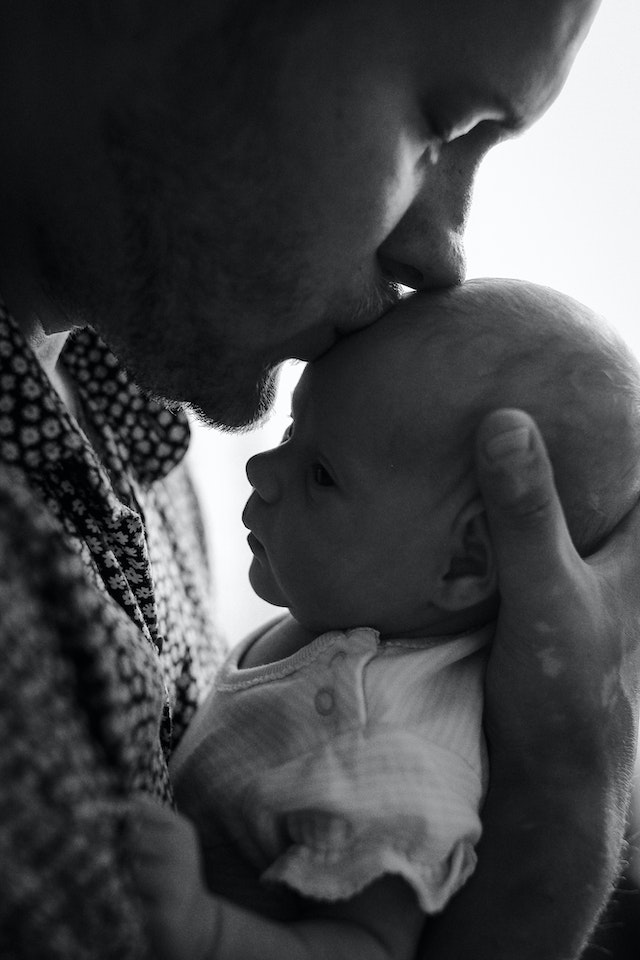Introduction
Welcoming a newborn into the world is a joyous and exciting time for any family.
However, it is crucial to acknowledge that newborns are susceptible to various health conditions.
Being aware of the most common newborn diseases can help parents and caregivers
take proactive measures to ensure the well-being of their precious bundle of joy.
In this article, we will explore the most prevalent diseases that affect newborns and
provide valuable insights into their symptoms, causes, and treatment options.
Jaundice
One of the most common newborn diseases is jaundice, affecting approximately 60% of newborns.
Jaundice occurs due to an excess buildup of bilirubin, a yellow pigment formed when the body breaks down red blood cells.
Newborns have an immature liver, causing a delay in processing bilirubin effectively.
This results in the characteristic yellowing of the skin and eyes.
Symptoms:
Yellowish skin and eyes, poor feeding, lethargy, and dark urine.
Causes:
Premature birth, incompatible blood types between the mother and baby,
breastfeeding difficulties, or liver enzyme deficiencies.
Treatment:
Mild cases of jaundice often resolve on their own, while severe cases may
require phototherapy or, in rare instances, blood transfusions.
Respiratory Syncytial Virus (RSV) Infection
RSV infection is a highly contagious respiratory illness that affects the majority of
infants by the age of 2. It spreads through close contact with infected individuals or
contaminated surfaces.
RSV typically manifests as a common cold but can lead to severe respiratory
complications in newborns.
Symptoms:
Runny nose, cough, fever, wheezing, and rapid breathing.
Causes:
Exposure to RSV-infected individuals, poor hand hygiene, and crowded environments.
Treatment:
There is no specific treatment for RSV infection. Medical care focuses on relieving
symptoms, ensuring hydration, and monitoring respiratory distress.
Gastroesophageal Reflux (GERD)
GERD is a condition characterized by the backward flow of stomach contents into the
esophagus. It affects a significant number of newborns and can cause discomfort and
distress.
Symptoms:
Frequent spitting up, irritability during or after feedings, arching of the back, and poor
weight gain.
Causes:
Immature digestive system, weak lower esophageal sphincter, and overfeeding.
Treatment:
Lifestyle modifications, such as smaller and more frequent feedings, keeping the baby
upright after meals, and thickening formula or breast milk with rice cereal.
In severe cases, medication may be prescribed.
Neonatal Sepsis
Neonatal sepsis refers to a severe bacterial or fungal infection that affects newborns
within the first month of life. It can be life-threatening if not promptly diagnosed and treated.
Symptoms:
Fever, difficulty feeding, rapid breathing, lethargy, and changes in skin color.
Causes:
Infection transmission during birth, maternal infections, or poor hygiene practices.
Treatment:
Immediate medical intervention with antibiotics, intravenous fluids, and supportive care in a hospital setting.
Conclusion
Understanding the most common diseases that affect newborns is essential for parents
and caregivers to provide appropriate care and seek timely medical attention.
Jaundice, respiratory syncytial virus infection, gastroesophageal reflux, and neonatal
sepsis are among the prevalent conditions in newborns.
By being aware of the symptoms,causes, and treatment options for these diseases,
parents can promote their newborn’s health and ensure a smooth transition into early childhood.
Remember, if you suspect your newborn may be experiencing any health issues,
consult a healthcare professional for an accurate diagnosis and appropriate care.
With proper attention and care, newborns can overcome these common diseases and
thrive in their new journey of life.
![]()











